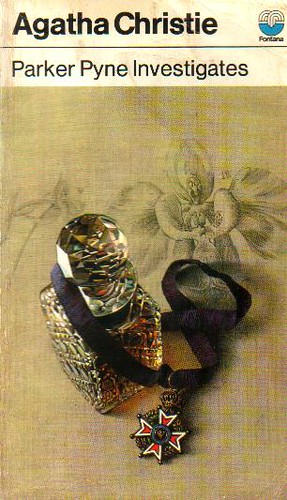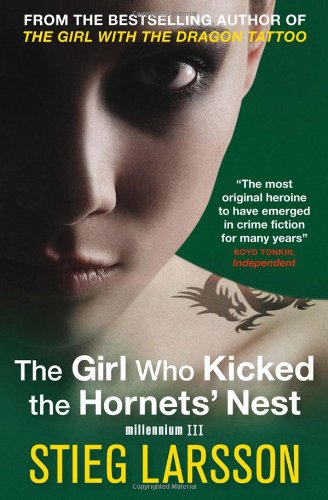Parker Pyne Investigates is
more a series of short stories than one novel, featuring Mr
Parker Pyne, an ex-statistican who now consults for a living. He
claims not to be a detective, and in fact he's almost the opposite of
a detective – people come to him unhappy from insecurity in their
marriage, dissatisfaction with their lifestyle, or simply out of boredom –
and he secretly engineers events which push them in the direction of
becoming happier.
The
first half of the book has a collection of these 'consultation'
stories in London, but the second half follows Mr Parker Pyne on a
series of travels around the Middle East, Egypt and Greece, in which
he finds himself reluctantly pulled into playing the detective even
on holiday.
As a
character Parker Pyne feels like a cross between Poirot and G K
Chesterton's Father Brown. His apparently haphazard methods and
understanding, stolid manner almost always lead to him succeeding
somehow, and he takes success or the occasional failure with the same
amiable placidity.
This collection of
short stories feels almost like an artist's sketchbook, where an idea
or concept for one of Christie's more complex plots is briefly
sketched out and played with to explore its potential. The stories are
amusing, ironic and full of trademark twists and good-humoured
melodrama.
Overall,
a light, pleasant read for any mystery fan.

